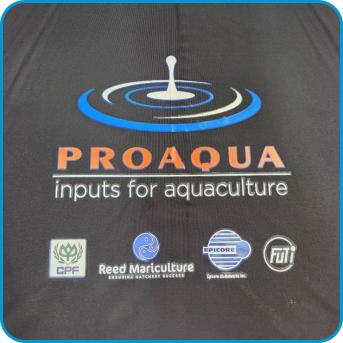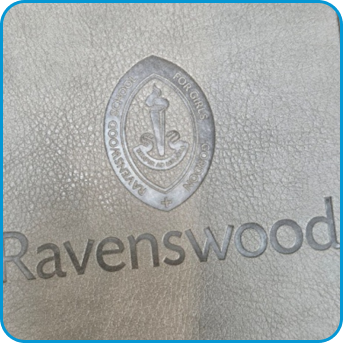Why We Think Plasters Are an Excellent Promotional Product
A good promotional product should be helpful, portable, and memorable—and branded plasters tick all three boxes. Promotional plasters show that your business cares about the well-being of customers, employees, and the community. We can personalise them so they suit your marketing campaign message. Whether handed out at trade shows, wellness campaigns, or company safety programs, they reinforce trust and reliability—two qualities every brand wants to be associated with. Their compact size and lightweight design make them an ideal bulk giveaway with minimal storage or shipping costs.
What Are Custom Branded Plasters / Bandages?
Branded plasters, also known as bandages, are sterile strips with sticky edges. A bandage intends to protect the skin which may incur minor cuts, scrapes, and blisters on a person from infection while allowing the skin to heal. Cubic Promote supplies bandages in various materials, shapes, and packaging, ensuring businesses can tailor their order to suit their industry and target audience. Branded plasters are more than just first-aid essentials—they’re a subtle yet effective way to keep your business in customers’ and employees’ hands (and pockets).
Industries We Recommend These To
Personalised plasters are suitable for various industries and work particularly well for organisations focused on health, safety, and active lifestyles.
- Pharmacies and Healthcare Providers
- Medical clinics and surgical centres
- Government health and safety departments
- Community first aid training organisations
- Aged care and retirement communities
- Workplace safety and compliance programmes
Branded plasters are an innovative, low-cost investment for businesses wanting to provide valuable something while reinforcing their brand message.
A Brisbane Construction Firm We Supplied To
A Brisbane-based construction company wanted to enhance its on-site safety measures while promoting team pride and brand identity. Rather than placing first-aid kits in office areas, they contacted our team and ordered bulk quantities of personalised plaster tins for each employee. The plasters were individually wrapped and stored in a compact, reusable metal tin featuring the company logo. This initiative reinforced the company’s commitment to safety. Their employees appreciated it and kept the plasters in their toolboxes and vehicles for easy access. The branded packaging ensured workers saw the company’s name every time they used a plaster—a subtle but consistent reminder of workplace values. The tins also became a talking point among contractors and partners, further increasing brand recognition outside the organisation.
Print & Branding Options on Bandages
Cubic Promote offers several branding techniques to ensure your logo stands out, whether on the plaster wrappers, bandages, or packaging tins.
If you’re unsure how to customise your order, our in-house graphic designer can assist in creating a clean, professional branding concept. Design services start at $35 an hour.
Best-Selling Colours
The most popular colour choices for custom plaster tins and wrappers include:
- White & Blue – Clean and clinical, ideal for medical brands and healthcare campaigns.
- Red & Black – Bold and eye-catching for construction and safety-focused industries.
- Earthy Tones – Natural and eco-friendly shades for outdoor and wellness brands.
- Custom Colour Match – Available to align perfectly with corporate branding.
Choosing the right colour helps ensure your branding looks professional, appealing, and industry-appropriate.
Tip on Ordering Promo Bandages
- Incorporate Them Into Wellness Kits – Pair plasters with branded hand sanitiser, lip balm, or first-aid kits for a thoughtful and practical employee gift.
- Distribute at Trade Shows & Conferences – Hand out small branded tins filled with plasters as a lightweight, easy-to-carry giveaway that attendees will keep and use.
Australia-Wide Delivery for Bulk Orders
We ship bulk branded plasters across Australia, ensuring fast, reliable delivery.
Wherever your business is based, we ensure quick and efficient shipping for all bulk orders.
Frequently Asked Questions
What is the minimum order quantity?
Most branded plaster orders start at 100 units per order, depending on the style.
Can I order multiple packaging styles in one bulk order?
Yes! Many clients mix and match plaster tins, travel packs, and standard wrappers.
Are these plasters latex-free?
Yes, we offer latex-free options for customers with sensitivities.
Do you offer rush orders?
Yes, express production is available—contact us for details.
Do you price match?
Yes! We guarantee the best bulk pricing on custom-branded plasters.
Order Custom Branded Plasters Today
A branded plaster isn’t just a promotional item—it’s a functional, everyday essential that reinforces trust, care, and brand awareness. Whether for corporate wellness programs, medical giveaways, or first-aid promotions, these items ensure your brand stays with customers when they need it most.
Contact us today to secure the best bulk pricing on custom plasters.

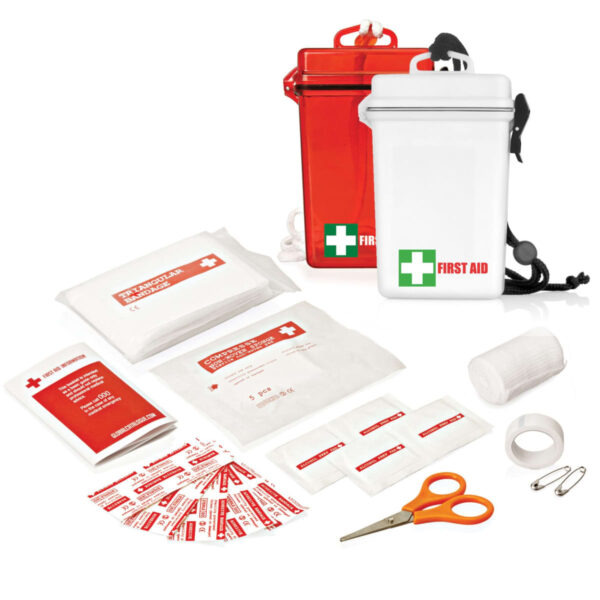
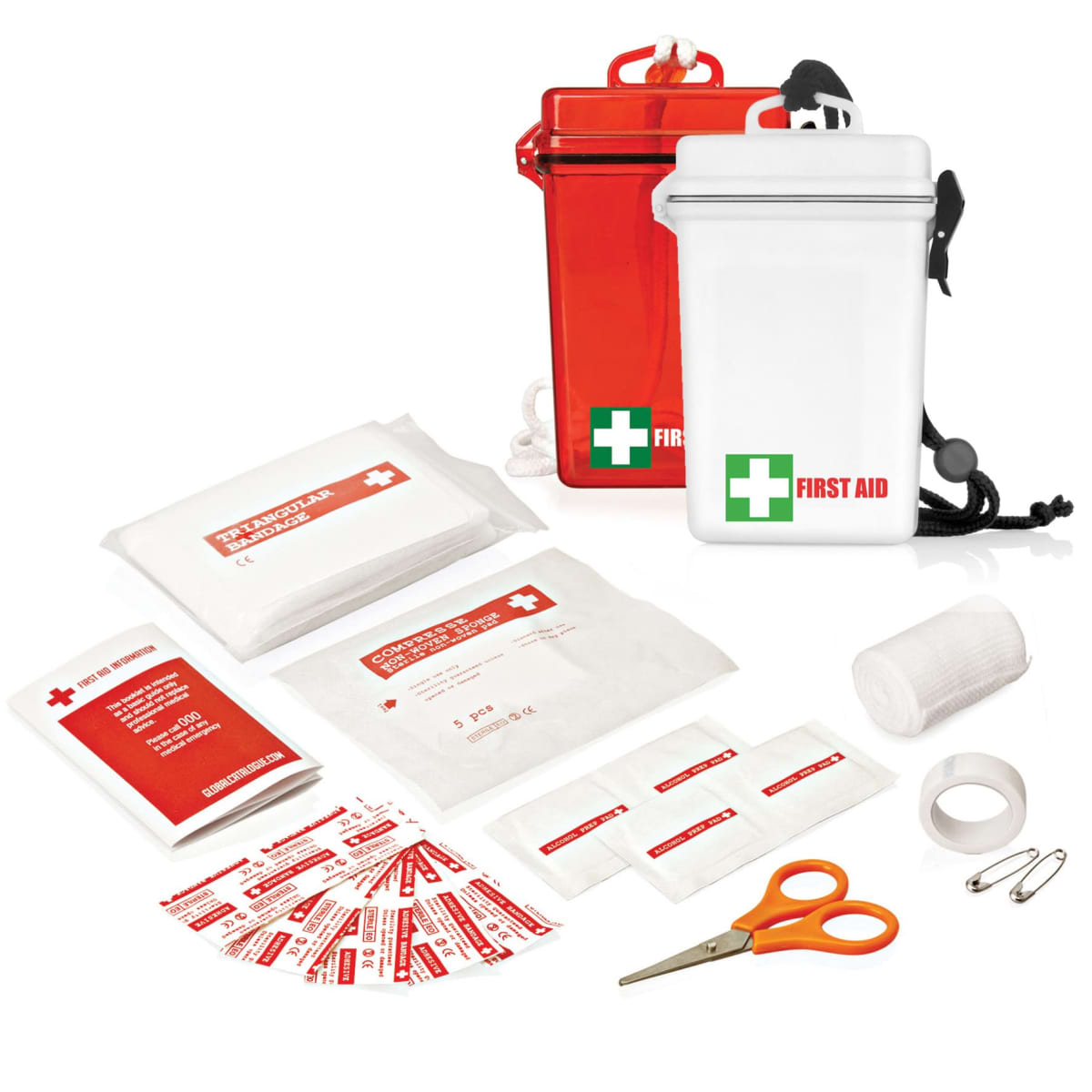

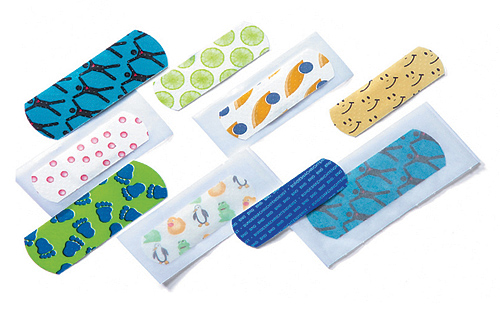














 Corporate Uniforms
Corporate Uniforms Eco Apparel
Eco Apparel Hoodies & Sweaters
Hoodies & Sweaters Jackets
Jackets Kids' Clothes
Kids' Clothes Other Apparel
Other Apparel Polo Shirts
Polo Shirts Socks
Socks Shoes
Shoes Sports Bottoms
Sports Bottoms Sports Uniforms
Sports Uniforms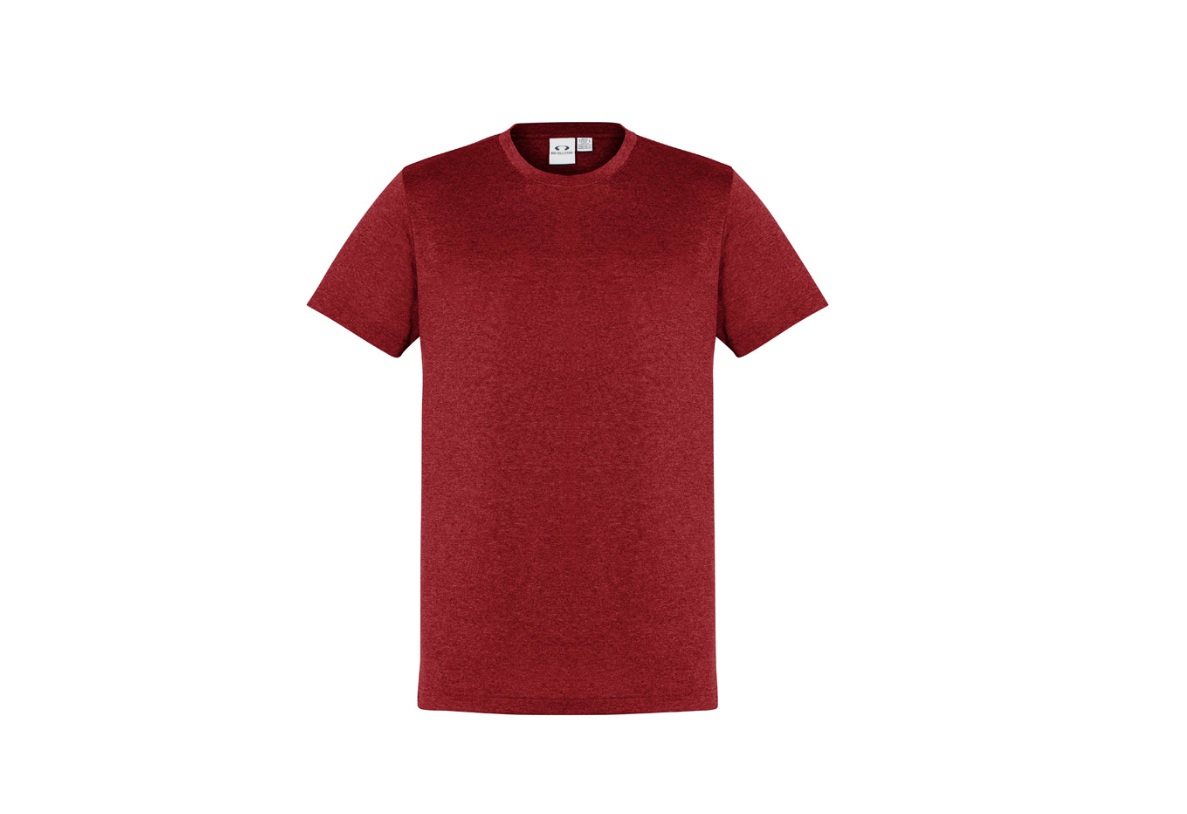 Tee Shirts
Tee Shirts Workwear
Workwear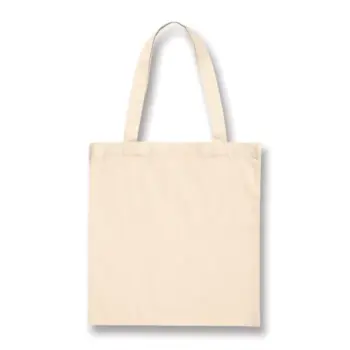

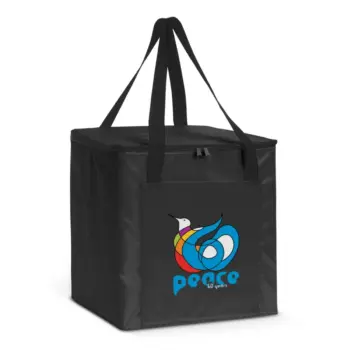
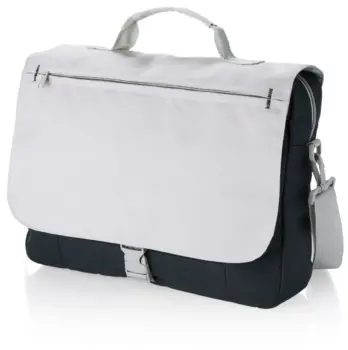
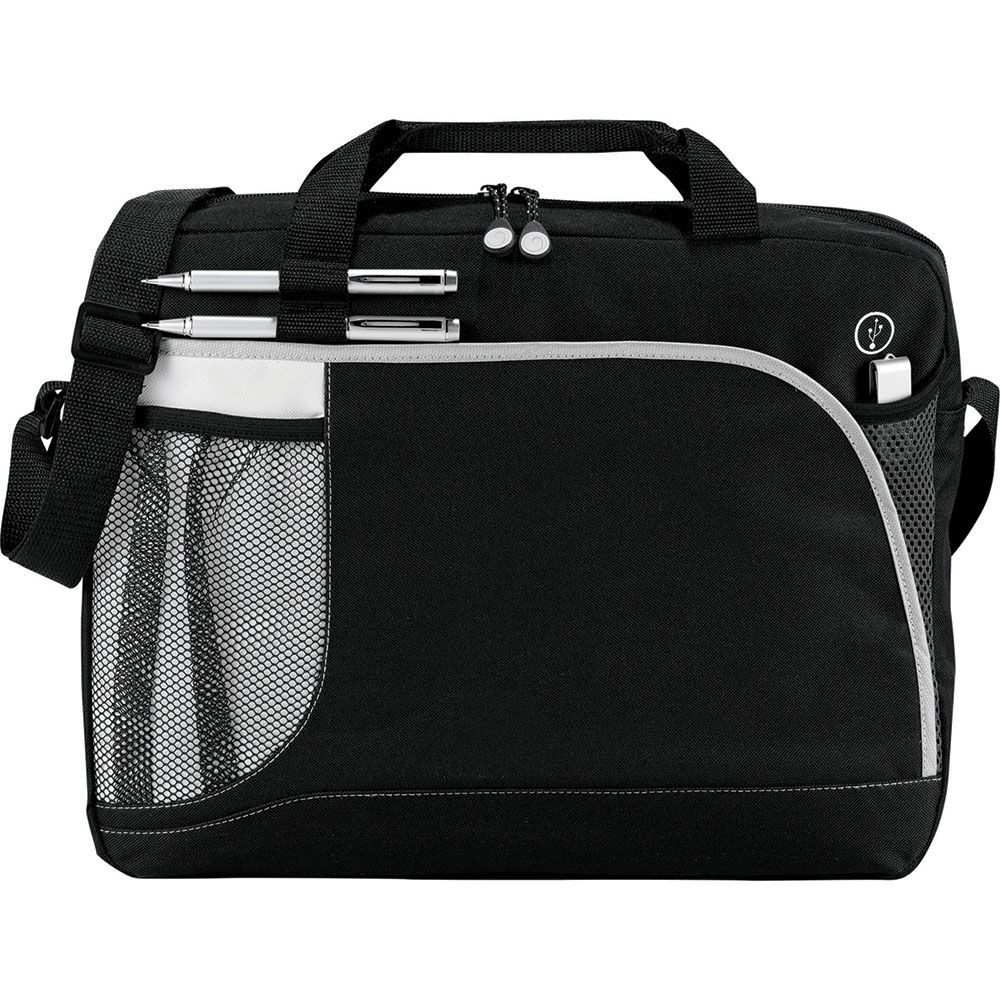 Briefcases
Briefcases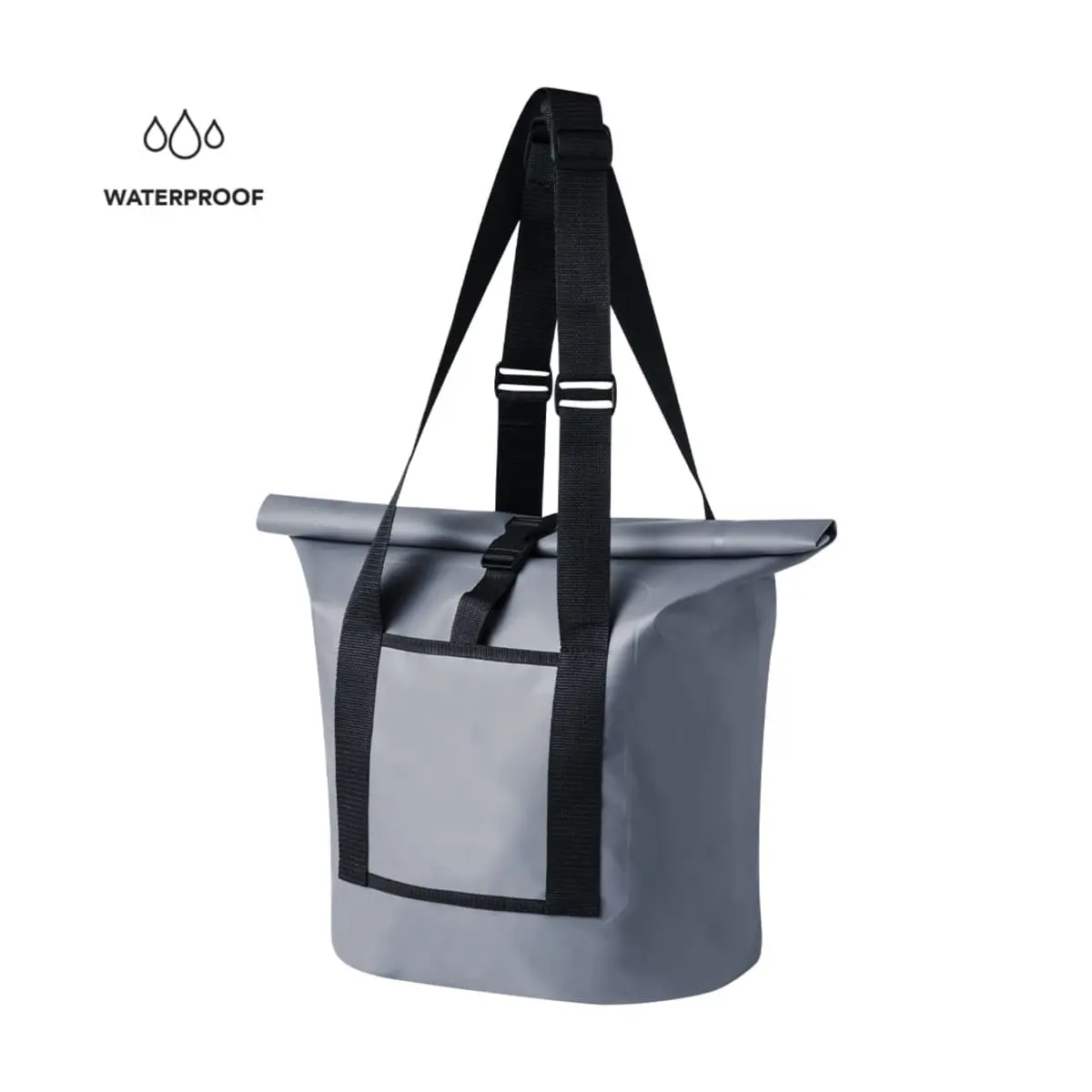 Dry Bags
Dry Bags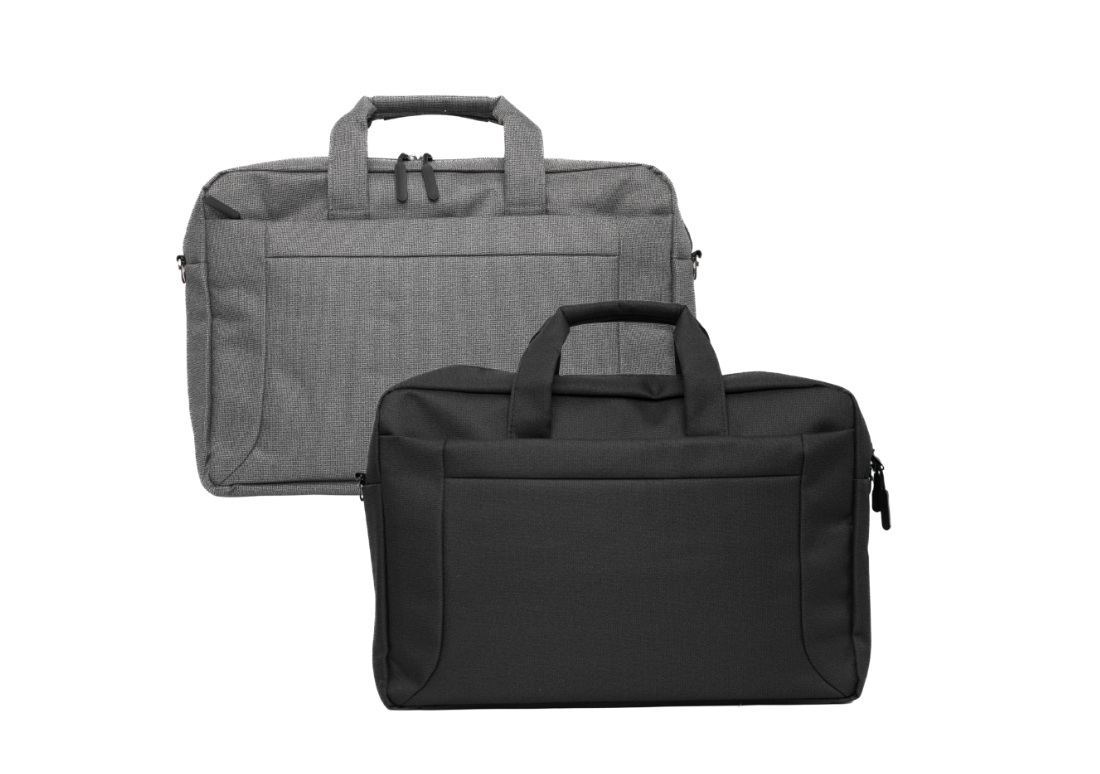 Laptop
Laptop Satchels
Satchels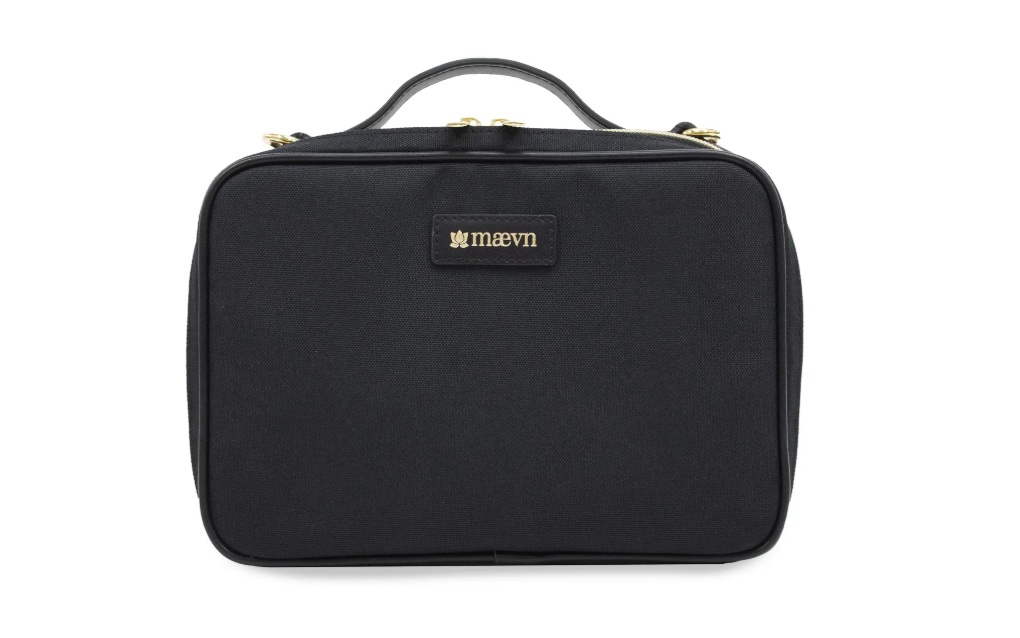 Specialised Bags
Specialised Bags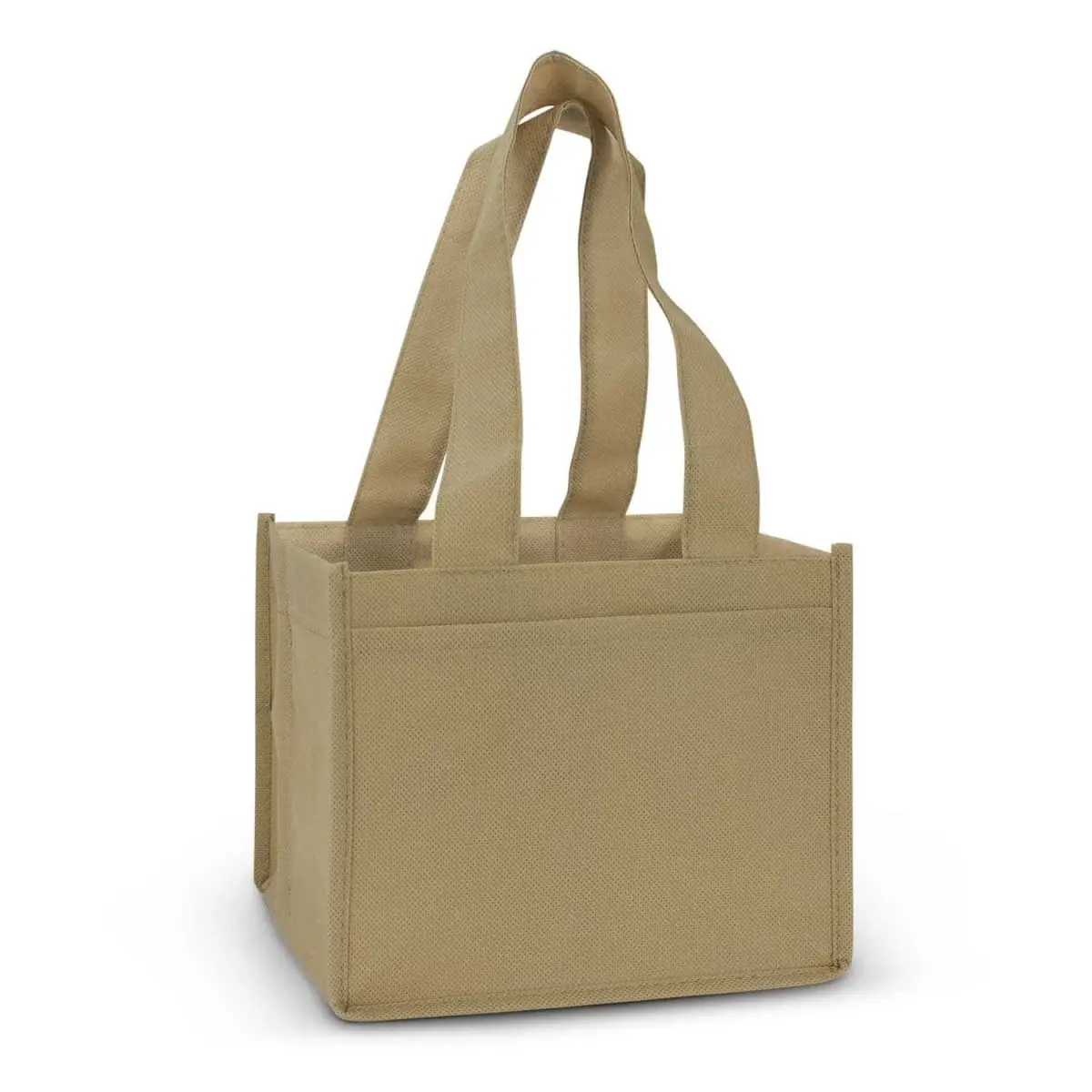 Tote Bags
Tote Bags


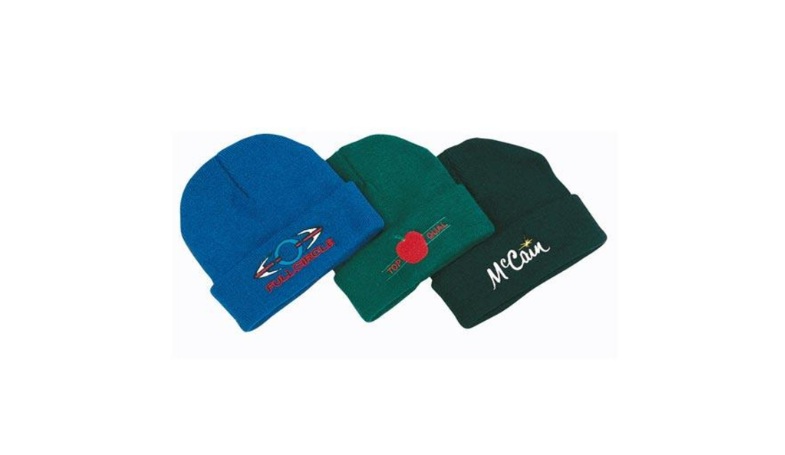 Beanies
Beanies Caps
Caps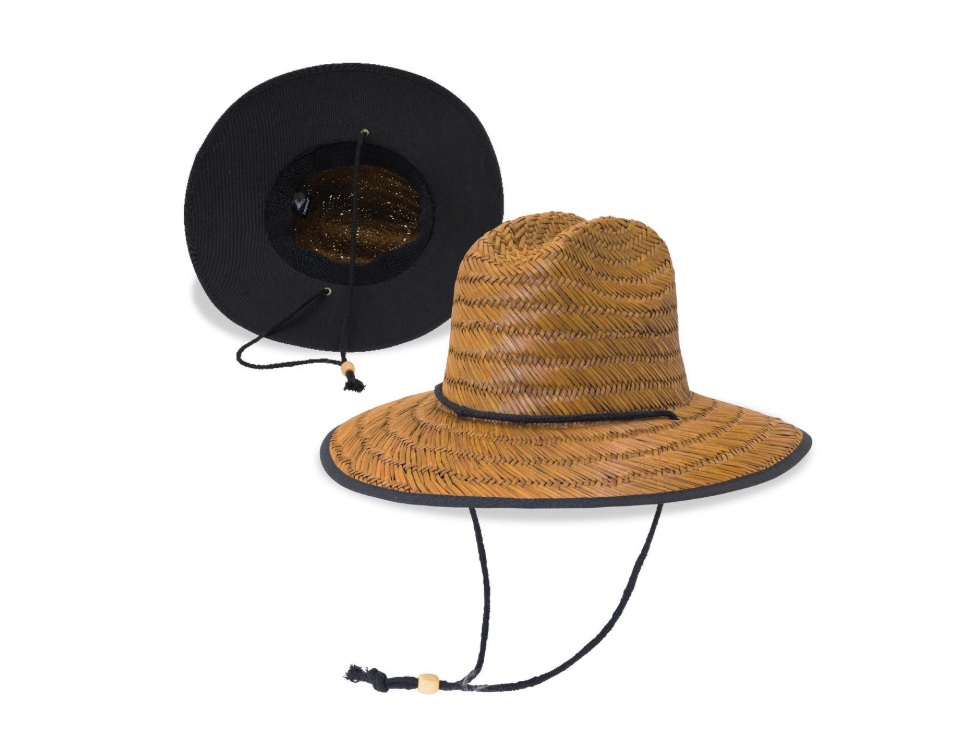 Straw Hats
Straw Hats
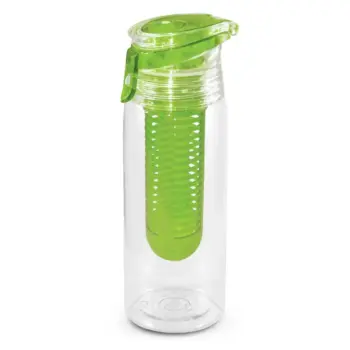

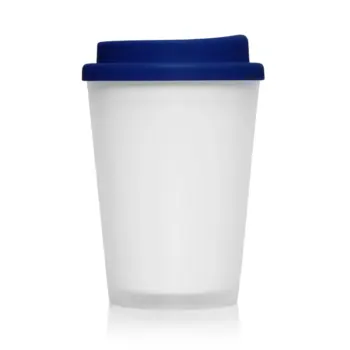
 Bottled Water
Bottled Water Drinkware Gift Sets
Drinkware Gift Sets Glass & Poly Cups
Glass & Poly Cups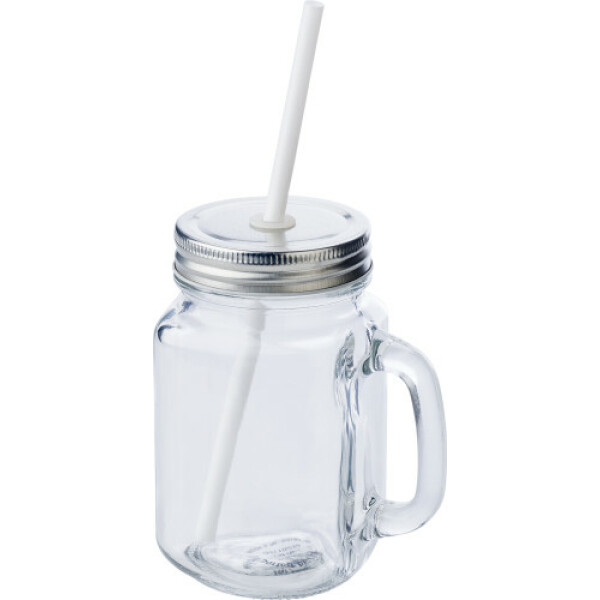 Mason Jars
Mason Jars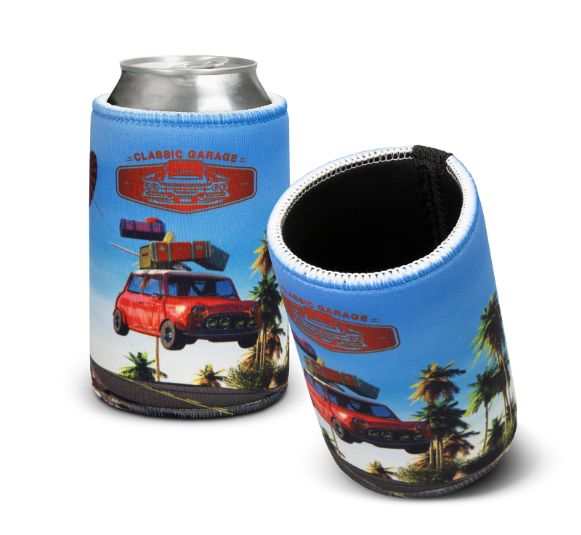 Stubby | Bar & Drinkware
Stubby | Bar & Drinkware Wines
Wines



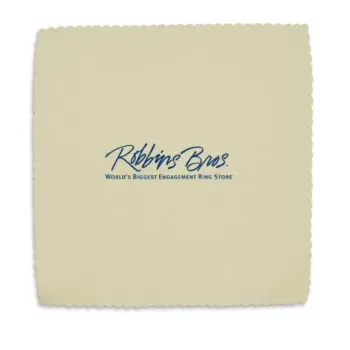
 Business Card Holders
Business Card Holders IT Gift Sets
IT Gift Sets Tech Computers
Tech Computers



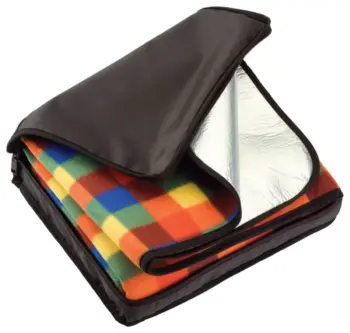
 Beach Towels
Beach Towels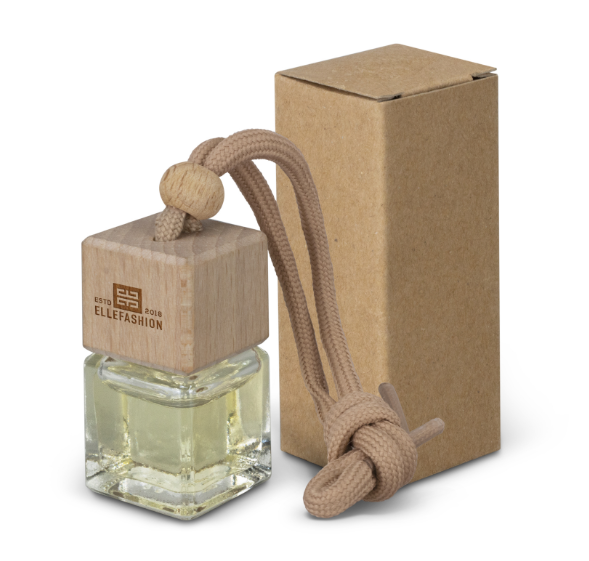 Car Accessories
Car Accessories Golf
Golf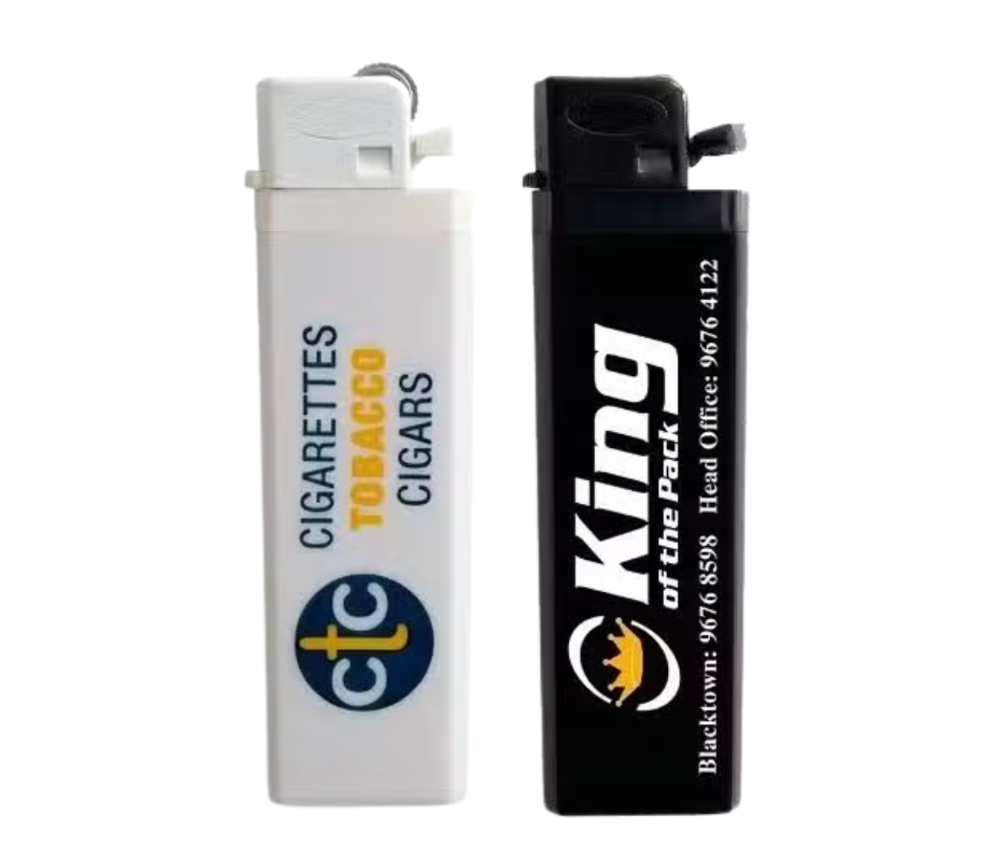 Lighters
Lighters Picnic Gear
Picnic Gear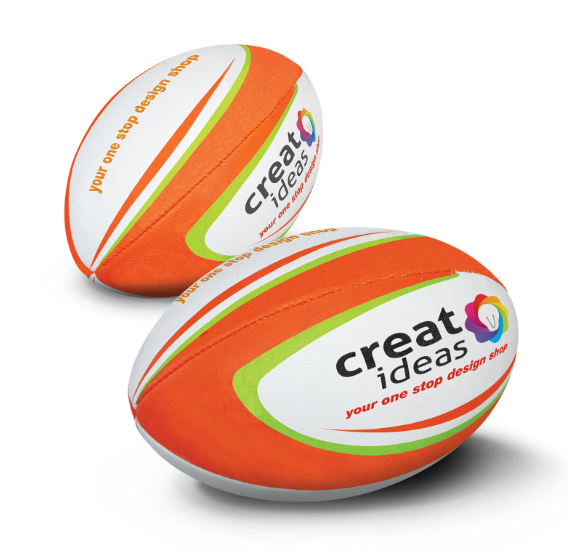 Sports Items
Sports Items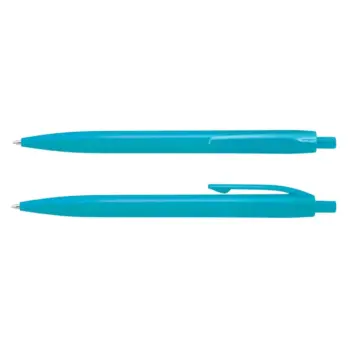

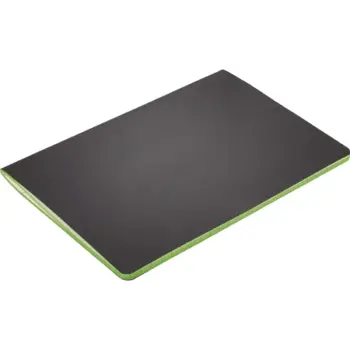
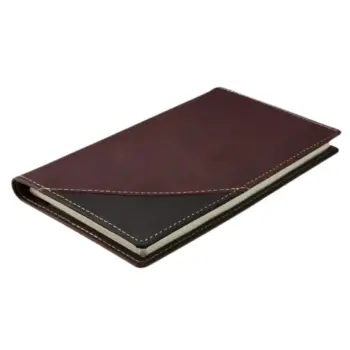
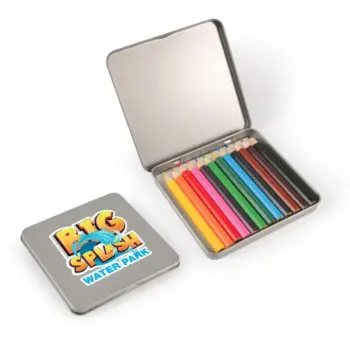
 Markers
Markers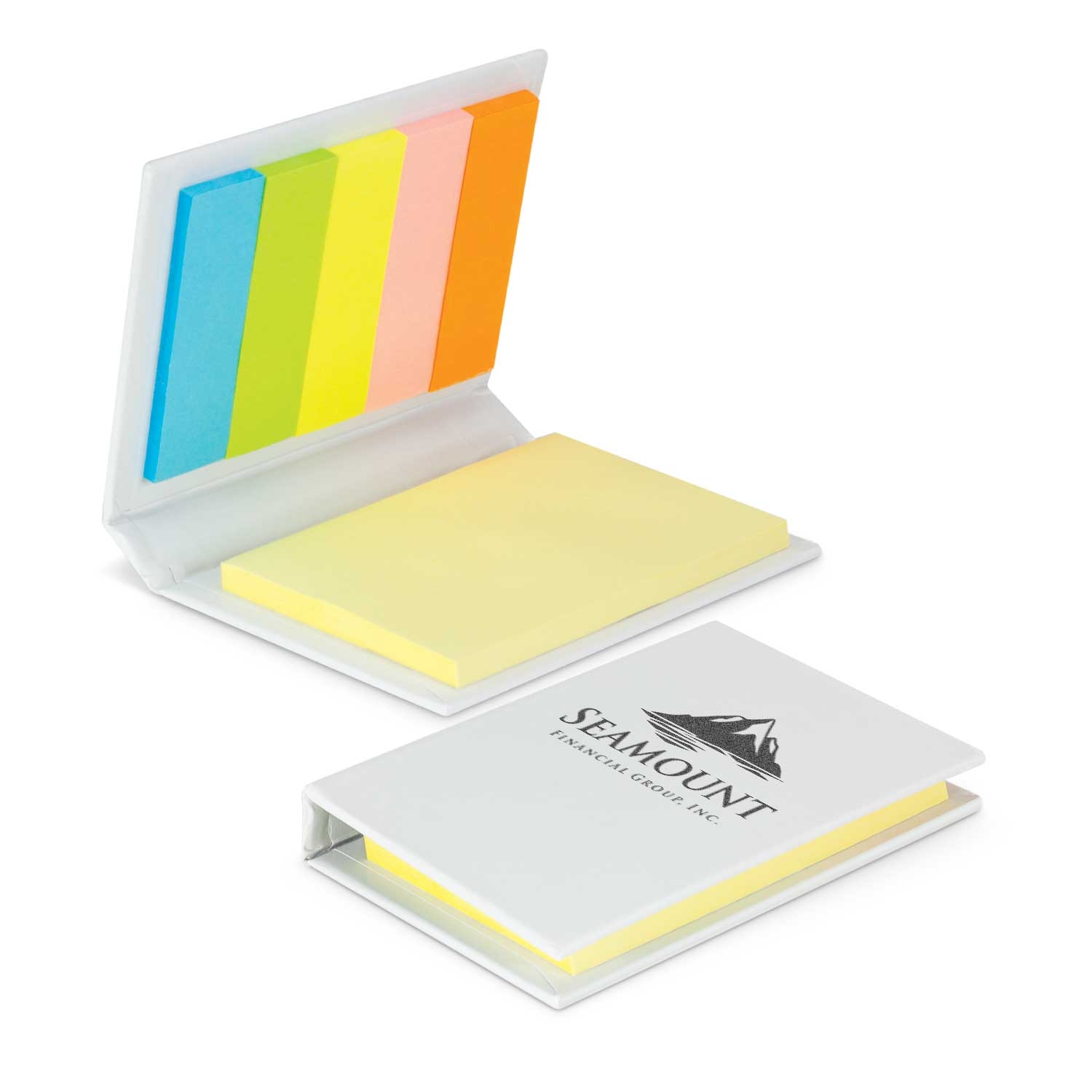 Post-It & Sticky Notes
Post-It & Sticky Notes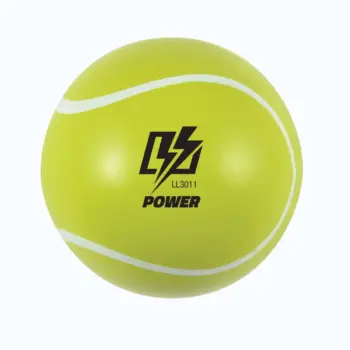


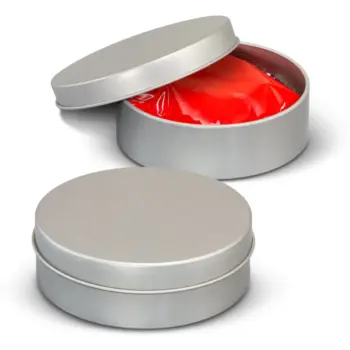
 Card Decks
Card Decks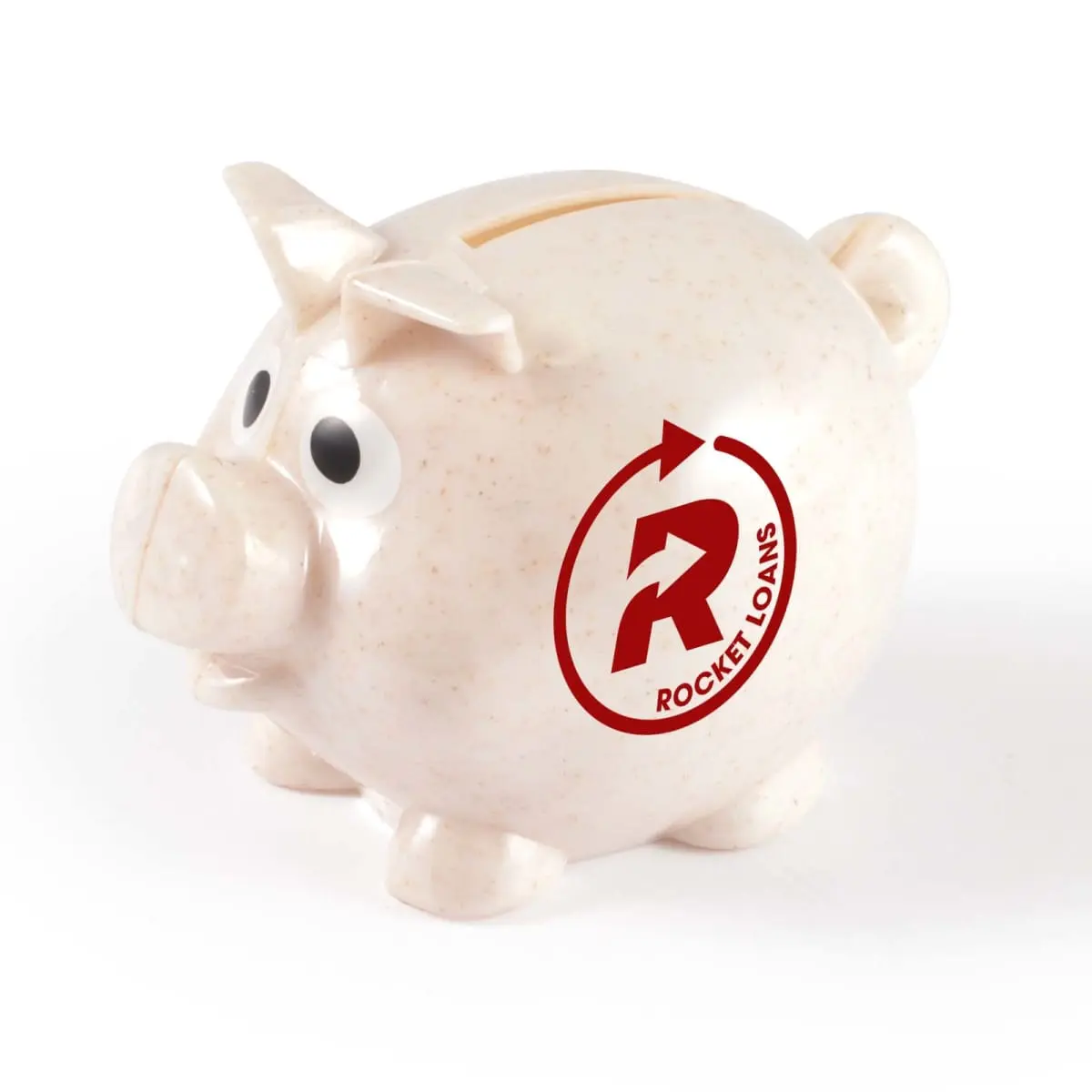 Coin Banks
Coin Banks Conference Toys
Conference Toys Event Toys
Event Toys Frisbees
Frisbees Games & Puzzles
Games & Puzzles Kids
Kids Plush Toys
Plush Toys
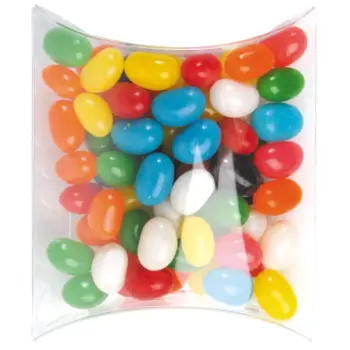
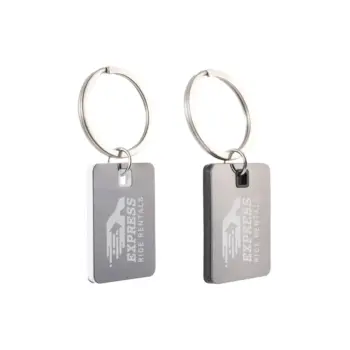


 Print | Signage
Print | Signage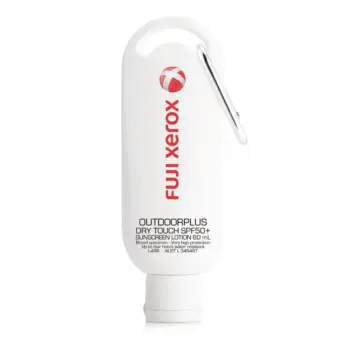

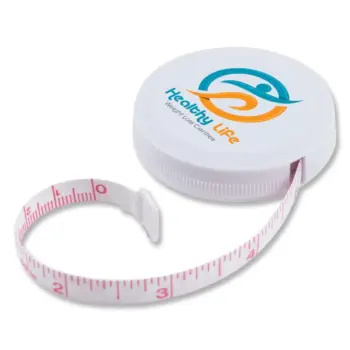
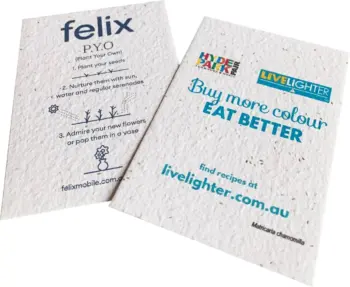
 Antibacterial
Antibacterial Eco Products
Eco Products Gift Box Sets
Gift Box Sets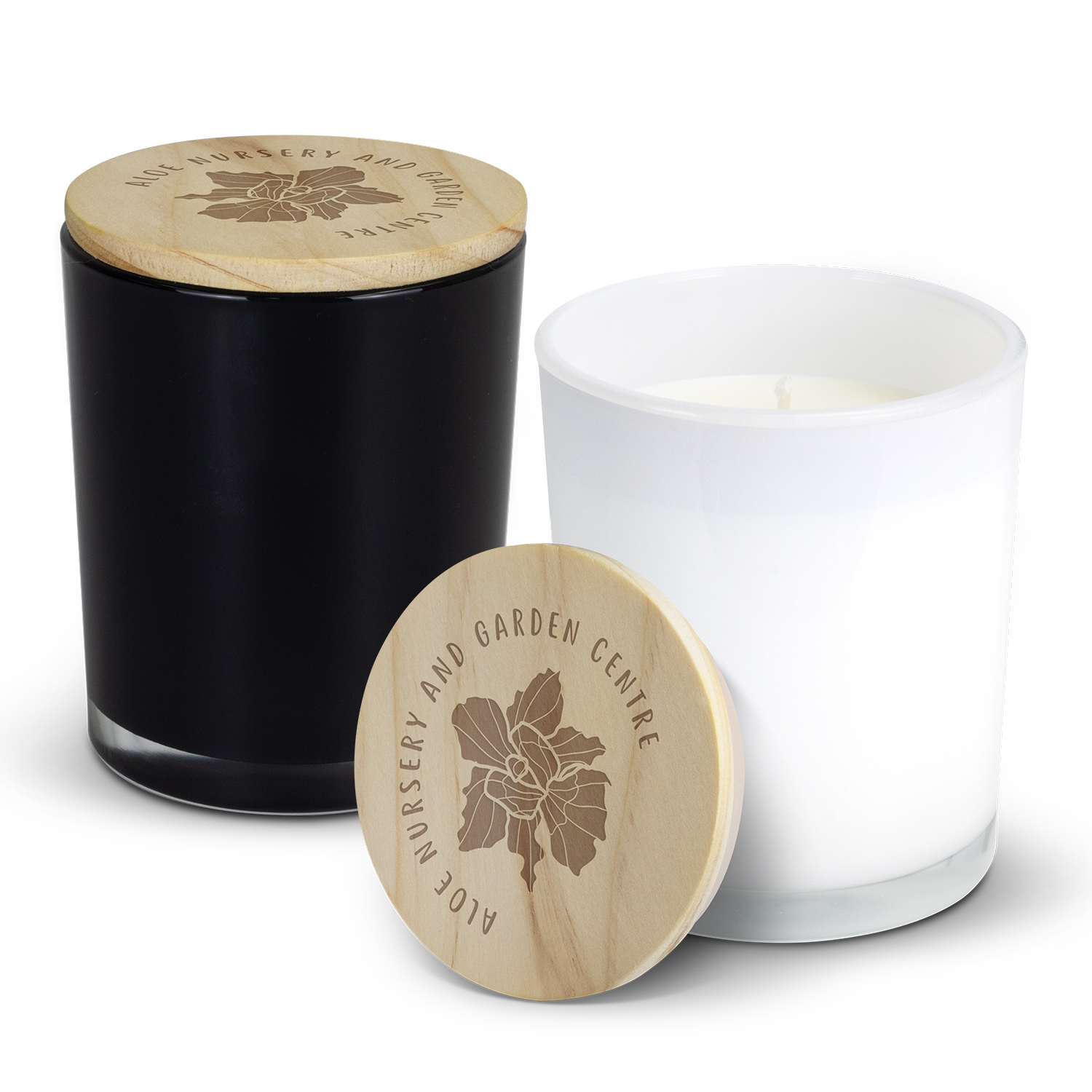 Homeware
Homeware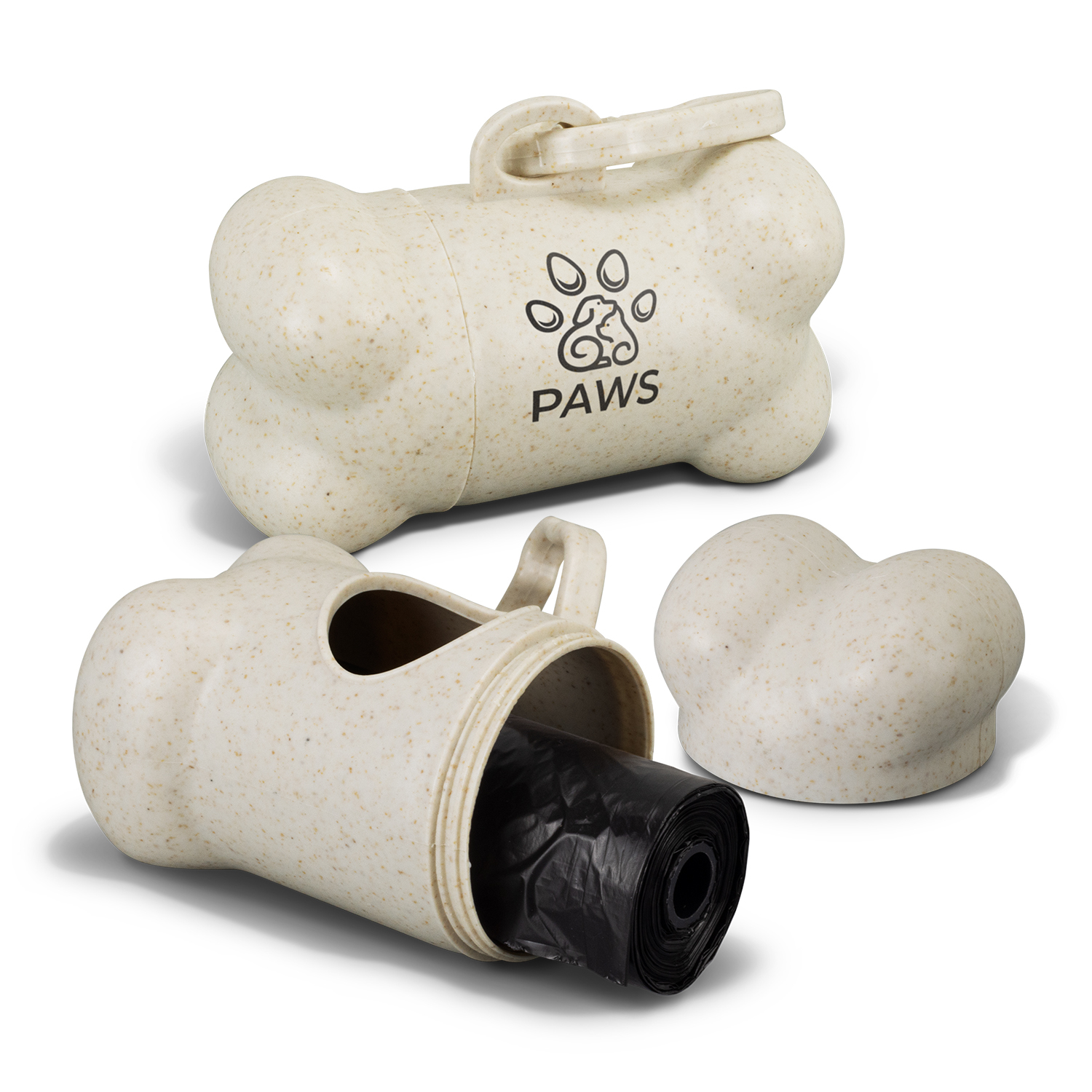 Pet Products
Pet Products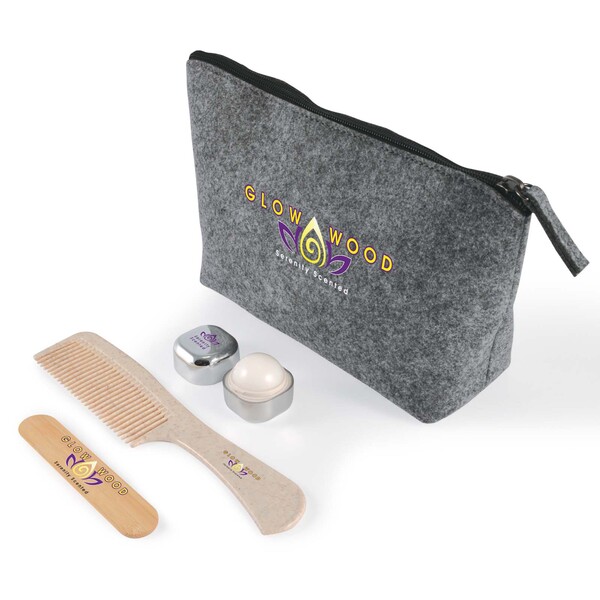 Personal Care
Personal Care Occasion Ideas
Occasion Ideas




